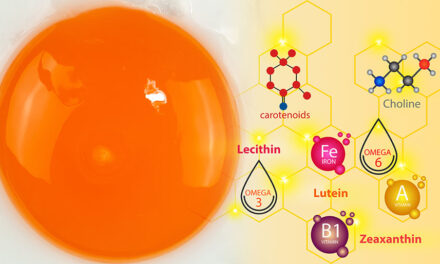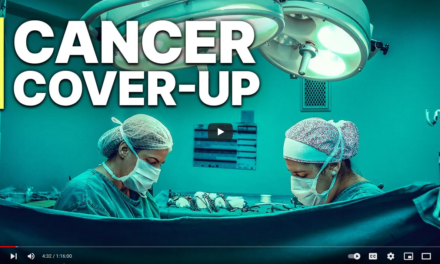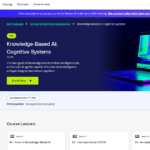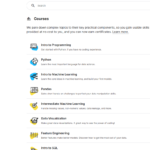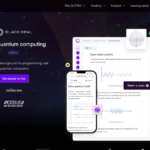In a world awash with information about diet, health, and the prevention of diseases like cancer, the insights shared by Dr. William Li in a recent discussion are nothing short of groundbreaking. Dr. Li tackles critical topics, such as the relationship between sugar and cancer, the profound benefits of intermittent fasting, and the role of certain foods in disease prevention. This blog post is an exploration of these enlightening revelations that can empower us to make informed choices for a healthier future.
The Sour Side of Sugar
Dr. Li’s discussion spotlights the bittersweet truth about sugar and its impact on our bodies. While sugar is a necessary component for metabolism, the distinction between naturally occurring sugars in fruits and vegetables and the added sugars found in processed foods is a pivotal one. Added sugars, prevalent in products like soda, candies, and cakes, can easily overwhelm our bodies, causing inflammation and DNA damage. Dr. Li emphasizes that moderation is key, and being mindful of our sugar intake can be instrumental in safeguarding our health.
The Healing Power of Fasting
Intermittent fasting is a practice that has gained popularity in recent years, and Dr. Li underscores its remarkable potential in the fight against cancer. By intermittently fasting, we allow our bodies to starve cancer cells and disrupt their blood supply. This is achieved through the rejuvenation of stem cells, which, in turn, helps refresh and rebuild our immune system. Dr. Li’s insights show that fasting isn’t about extremes, but rather about moderate calorie restriction and its profound effects on our health defense systems. Calorie restriction allows the body to repair DNA, reduce inflammation, and promote better overall health.
Foods as a Shield Against Disease
Dr. Li’s discussion also touches on the significant role of certain foods in preventing diseases, particularly cancer. Many foods contain bioactives—compounds that have the potential to combat cancer. Organic foods, such as coffee and leafy green vegetables, tend to possess higher levels of these beneficial compounds compared to conventionally grown counterparts. Dr. Li encourages individuals to use the whole plant, including stems and skins, to maximize nutrient intake and harness the full power of these foods.
Spices and herbs are also highlighted as versatile additions to our diet. Beyond enhancing the flavor of our meals, they provide additional health benefits. Dr. Li suggests that exploring a wide range of spices and herbs can be a delightful and health-conscious culinary journey.
Specific foods, like salmon, sardines, and mushrooms, are spotlighted for their high content of healthy fats, which contribute to overall well-being and protection against diseases.
Conclusion: Empowering Our Health Journey
Dr. William Li’s insights are a call to action for those who aspire to take control of their health and well-being. By understanding the nuanced relationship between sugar and cancer, embracing intermittent fasting as a powerful tool for disease prevention, and adopting a diverse, nutrient-rich diet, we can actively contribute to our own health defense systems. In our quest for a healthier future, knowledge is the most potent ally, and Dr. Li’s wisdom is a compass that guides us toward a path of well-being and vitality.




